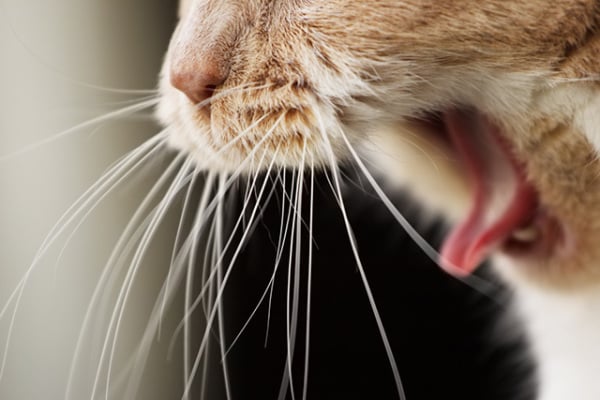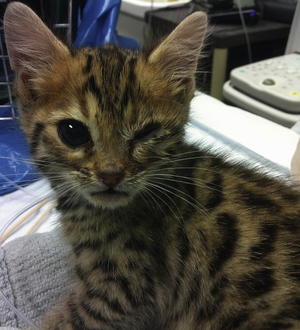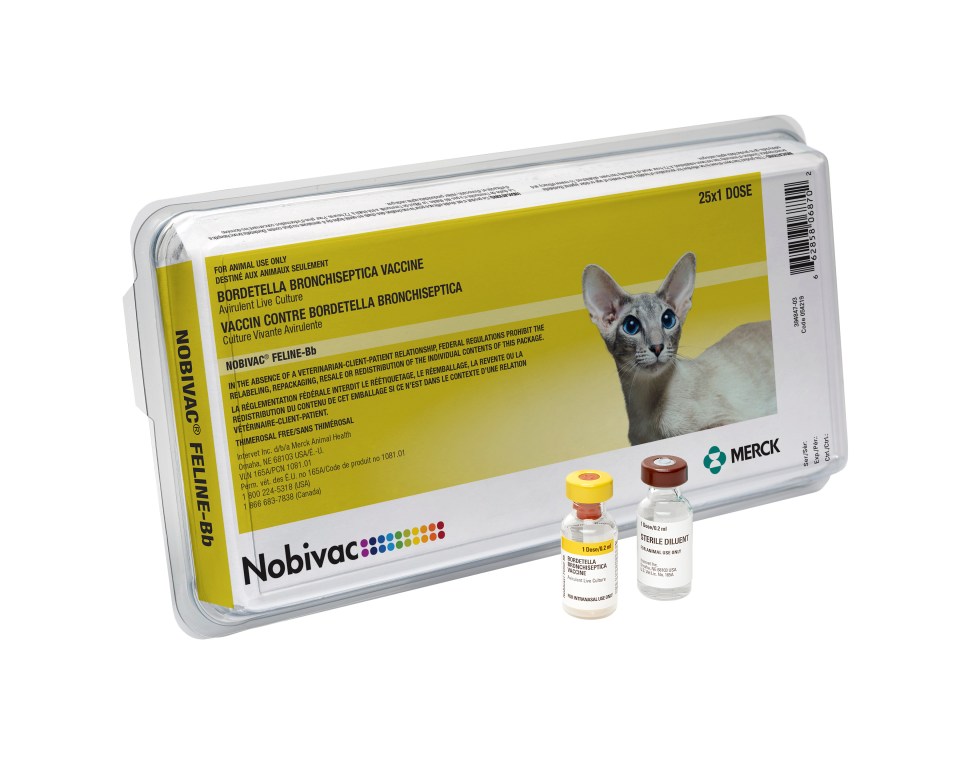bordetella virus in cats
It is primarily found in domestic dogs and cats and is recognized as a syndrome in grey and red squirrels. Other important organisms that may be involved in some cases include.

Bordetella Bronchiseptica Pneumonia In Dogs A B D F And A Cat C Download Scientific Diagram
Yes kennel cough can be contracted by cats.

. If not vaccinated cats can start to show symptoms that include coughing sneezing a runny nose and a fever. Bordetella infection causes severe life-threatening pneumonia in kittens. The most common signs of chlamydia in cats involve the eyes or the upper respiratory tract nose or throat and only when infection is not treated does it spread to the lungs.
Bordetella bronchiseptica and Chlamydophila felis are the most common bacterial causes. There are many different symptoms of. This article reviews current knowledge on the organism.
It is not common for cats to get kennel-cough. The Bordetella vaccine is a noncore vaccine that is given to dogs that are frequently exposed to other dogs in boarding or social settings. Feline calicivirus is a highly contagious virus that causes a mild to severe respiratory infection and oral disease in cats.
Runny eyes are a typical sign of this bacterial infection. Bordetella bronchiseptica may be a cause of sneezing nasal discharge and sometimes coughing important in some colony situations. This highly contagious virus causes a mild to severe respiratory infection and oral disease.
These two viruses are thought to be responsible for more than 90 of URIs in cats upper respiratory infections URIs cat flu. Easily spread through direct or indirect contact. If not treated with appropriate antibiotics chronic Bordetellainfection with intermittent bacterial shedding can Feline Respiratory Infections in Animal Shelters Revised July 2018 4 occur for up to 3 months.
Shock and hypotension low blood pressure Obstructive uropathy often seen in male cats that are unable to urinate. Organisms that have been reported as lower respiratory pathogens of cats include Pasteurella spp Escherichia coli Staphylococcus spp Streptococcus spp Pseudomonas spp B bronchiseptica and Mycoplasma spp50 and specific attention has been paid to Mycoplasma spp because of a possible association with the induction and exacerbation of asthma in adult and. Its epidemiology pathogenesis and clinical diagnostic and therapeutic features.
It is especially common in shelters and breeding colonies and often infects young cats. Most cats recover completely after a calicivirus infection but rare strains can be especially deadly. It is highly contagious and spread through contact or inhalation of respiratory secretions.
This bacteria has also been reported to infect the genital. It can cause cat flu and other respiratory infections in both wild and domestic cats. Its more common in dogs.
Dosage Of Bordetella Vaccine For Cats. Bronchiseptica is a bacterium that can cause disease in a number of animals and also rarely in humans. A lower than usual appetite.
Feline Bordetella bronchiseptica infection had received little consideration until recent years when it has been increasingly documented in association with respiratory disease. Toxins such as antifreeze ingestion of lilies and certain antibiotics. This bacterium can be a cause of upper respiratory disease in cats but is mainly a problem where cats are kept together in large groups such as rescue shelters and some breeding households.
Bronchiseptica and Mycoplasma felis M. The disease is most severe in kittens where fatal bronchopneumonia has been reported. What Are the Symptoms of Cat Herpes.
Bordetella bronchiseptica B. It causes inflammation of the trachea and bronchi. The bacterium is susceptible to common disinfectants.
Typically an infected cat will sneeze and spread the virus andor bacteria in secretions from the nose eyes or saliva. Bordetella also referred to as tracheobronchitis canine cough in dogs and feline bordetellosis in cats is a highly contagious respiratory disease in cats and dogs caused by the bacteria Bordetella bronchiseptica. Bordetella bronchiseptica is the bacterium that causes kennel cough in dogs snuffles in rabbits and respiratory disease in cats.
The primary causative agents associated with URTD include feline herpesvirus-1 FHV-1 feline calicivirus FCV Chlamydia felis C. Bordetella Bronchiseptica in Cats Until recently Bordetellabronchiseptica was considered an uncommon cause of respiratory disease in cats and then only as a secondary agent. Merck Animal Health Solutions Italicize Bordetella bronchiseptica Transmission.
Feline bordetellosis is more common than previously thought with reported. Viruses are often involved resulting in a more complex respiratory infection of dogs and cats. Transmission can occur between dogs and cats.
The Bordetella vaccine prevents cats from getting the Bordetella bronchiseptica disease. Some of the most common symptoms for a cat suffering from Bordetella infection are. However Bordetella pneumoniae can cause kennel disease in dogs.
Bronchiseptica and Chlamydophila felis C. It is an uncommon infection in humans that can produce a relatively non-threatening whooping. Feline chlamydial conjunctivitis is an infection caused by a bacterial organism called Chlamydophila felis.
Today it appears to be a primary respiratory pathogen in cats. FELINE BORDETELLOSIS FAST FACTS. Bordetella can also be transmitted from dogs to cats.
Bordetella respiratory disease is caused by the bacteria Bordetella bronchiseptica and is often called Kennel Cough in young dogs. This bacterial infection is usually associated with stress and overcrowded living conditions. It is sensible to consider B bronchiseptica as a rare cause of zoonotic infections.
The Bordetella bronchiseptica organisms have a knack for knocking the immune cells out of commission that would normally fight the bacteria. Felis and more recently Bordetella bronchiseptica B. How Do These Infections Spread.
Bordetella bronchiseptica is also highly contagious meaning that it can very quickly spread from feline to feline and even from dogs to cats. Being less active and seeming lethargic. The most common viruses that cause upper respiratory infections in cats are feline herpesvirus type-1 also known as feline viral rhinotracheitis or FVR and feline calicivirus FCV while the most common bacteria that cause upper respiratory infections in cats are Bordetella bronchiseptica B.
Bacterial infections often caused by an ascending bladder infection which can lead to pyelonephritis kidney infection Tick-borne diseases. In cats the infection causes signs of upper respiratory tract infection including sneezing and nasal discharge. Bordetella bronchiseptica is a Gram-negative bacterium that colonises the respiratory tract of mammals and is considered to be a primary pathogen of domestic cats.
Bordetella In Cats Treatment Sale Online 51 Off Www Vetyvet Com

Vaccination Of Cats Against Infectious Upper Respiratory Disease Today S Veterinary Practice
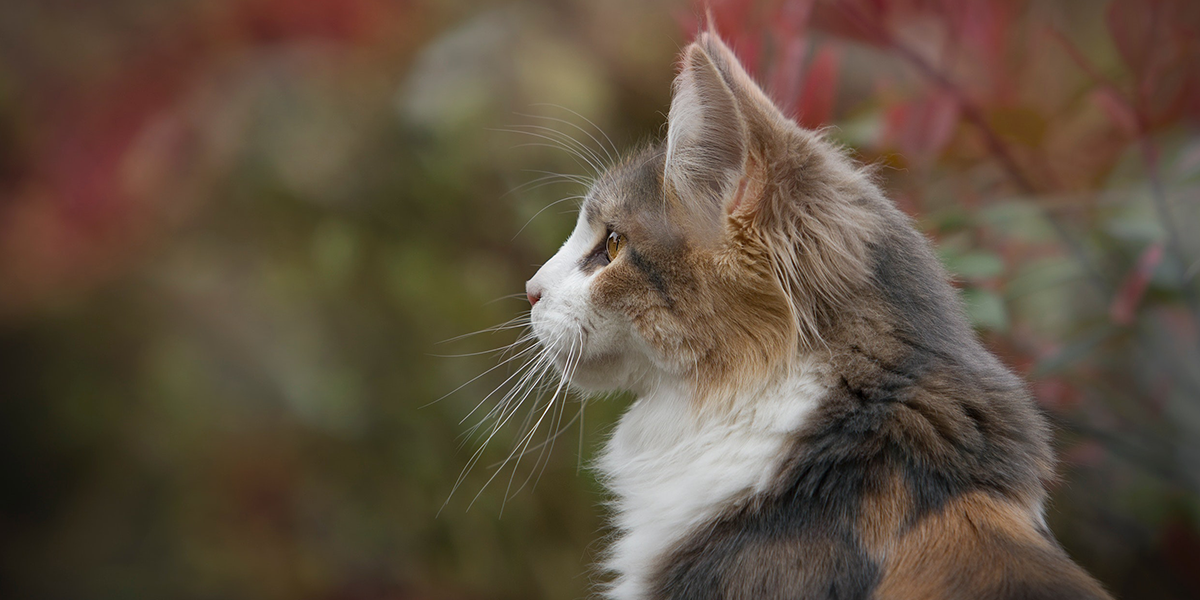
Upper Respiratory Infections Uris Cat Flu Information For Breeders International Cat Care
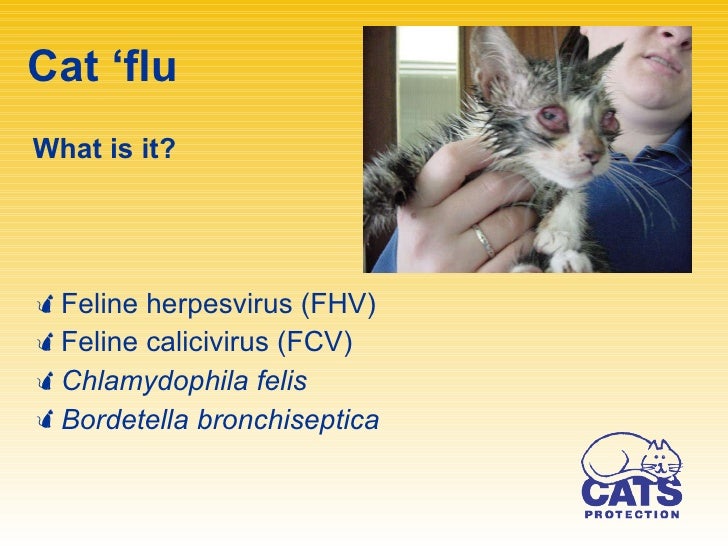
Bordetella In Cats Treatment Sale Online 51 Off Www Vetyvet Com

Bordetella Bronchiseptica Everything You Need To Know With Photos Videos

Feline Upper Respiratory Infections Uri The Cat Hospital Of Media
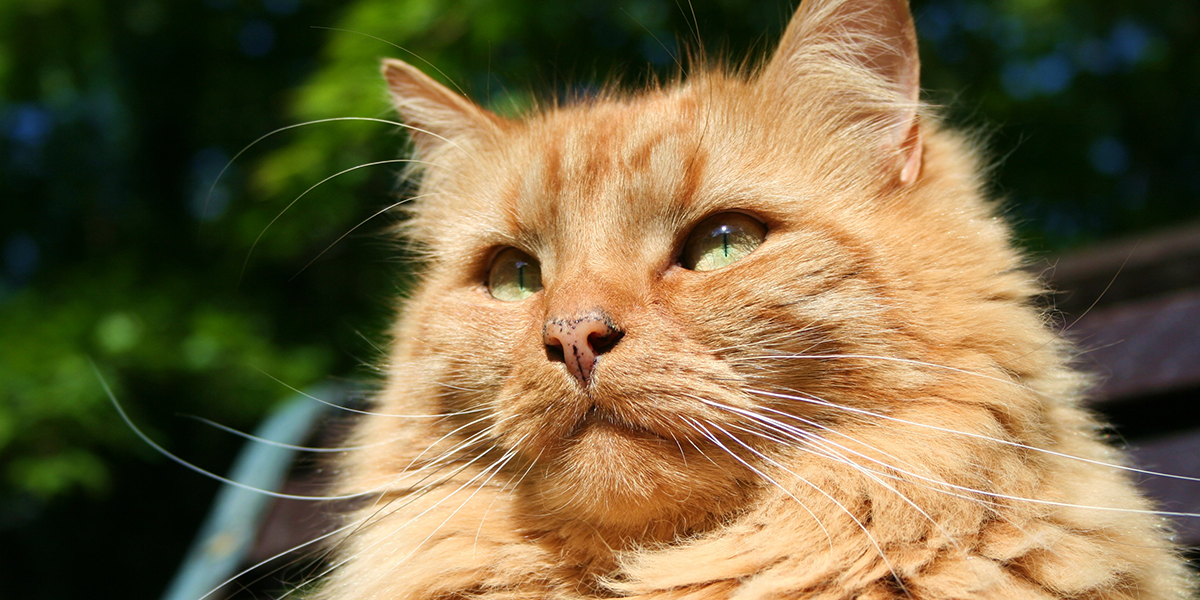
Bordetella Bronchiseptica Infection In Cats International Cat Care

Bordetella In Cats Treatment Sale Online 51 Off Www Vetyvet Com
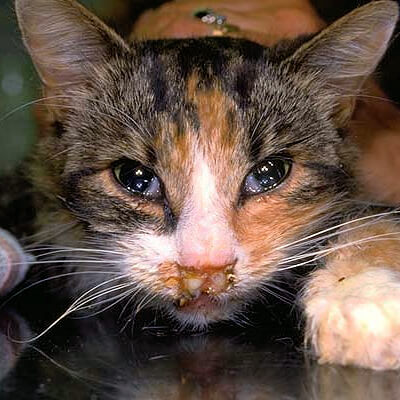
Infectious Diseases Cats Archives Mayne Vets
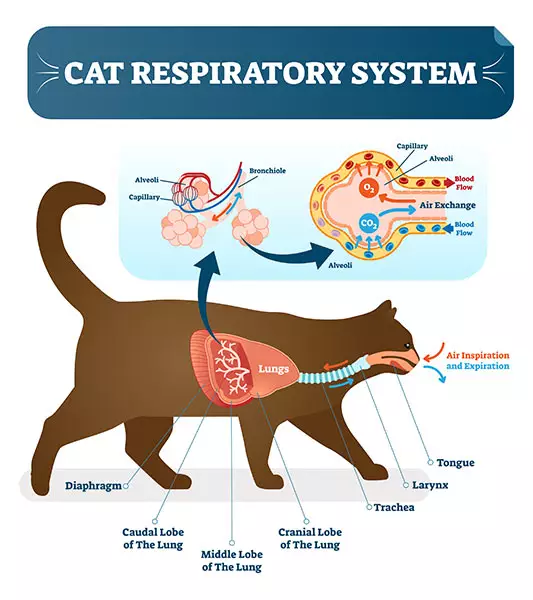
Respiratory Tract Infection Rtis In Cats Kittens

Dealing With Upper Respiratory Infections In Cats Catster

Cold Flu In Cats Bordetella Bronchiseptica We Are Family

Kennel Cough In Cats Symptoms Treatment Causes Diagnosis Excited Cats
Bordetella Bronchiseptica Infection In Cats
